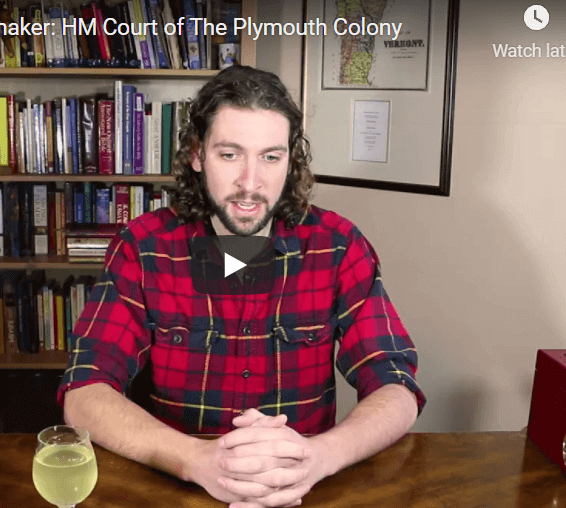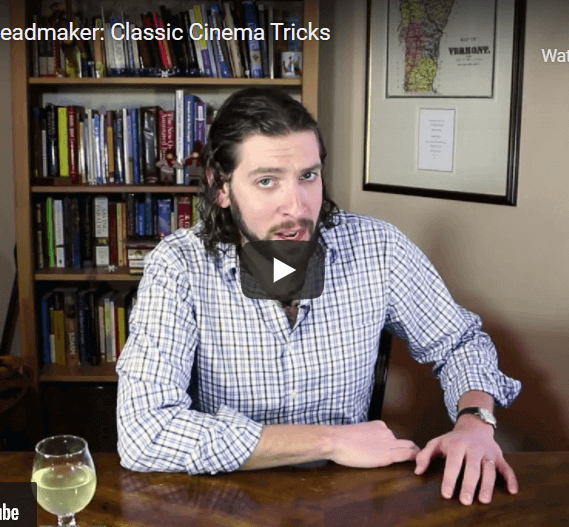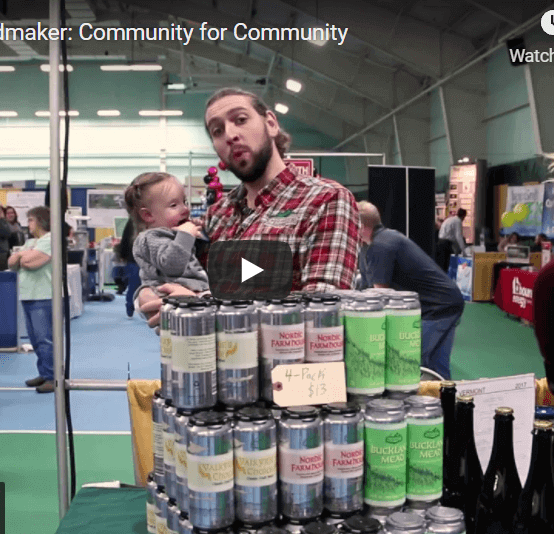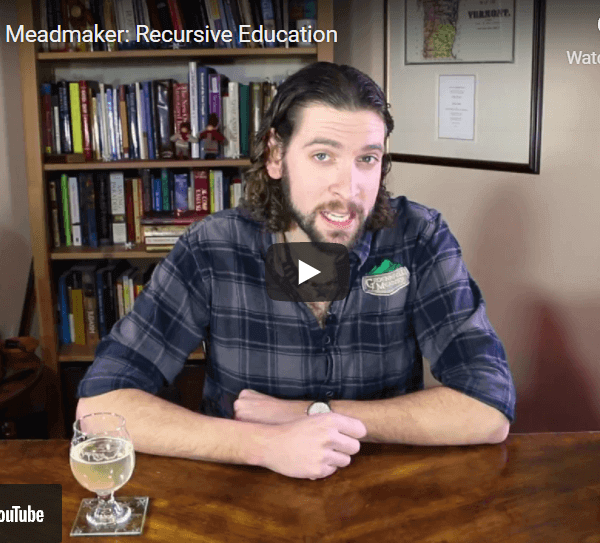In which Ricky the Meadmaker answers questions about reverse osmosis vs. charcoal filtering, using more yeast vs. making a starter, fermentation temperatures, clarifying, bubble terminology, and more!
I call this episode of Ask the Meadmaker to order!
Welcome to Ask to Meadmaker, where I, Ricky the Meadmaker, answer your questions about mead making, mead drinking, mead brewing, and really any question you're willing to send to me.
The first question is not one I've received yet but certainly will. Yes, I own that liturgical robe.
The first question I already received is from Laughing Dragon Meadery, and he wants to know what the difference between charcoal-filtered water and reverse osmosis water is? And the answer is, it's a different process. Go onto Google and look up the different process. I'm not going to bother explaining it here. He wants to know which he should use for brewing. If you are going to use reverse osmosis water, you need to back-add minerals into it, because it's essentially distilling it. And you do not want to use distilled water in brewing.
Jordan wants to know why I recommend using five packets of yeast rather than making a starter. And the answer is because five packets of yeast is easier.
So, it turns out some of you have watched every single episode of this show and have a much better memory than I do, because we've found a couple conflicting statements over the years. One of them is that I said some time ago that I don't recommend fermenting with D47 at high temperatures, but then my recipes recommended. The answer is I've run experiments and I've changed my mind.
Several of the questions reference those higher fermentation temperatures. The reason I recommend fermenting at higher temperatures, in a single sentence, is I like the way the mead tastes when I ferment it a little hotter.
Here's one where I may have just misspoken. Tengo Cortez says, "You described force carbonation and then said that in winemaking, this is referred to as sparkling as opposed to carbonated. But your table shows the opposite." I don't know what table he's talking about. "Where sparkling is the analog of naturally carbonated. Which is correct?" Whichever table you're referring to, that's the one. Carbonated in winemaking means force-carbonated, and sparkling means naturally carbonated.
Our last question this week comes from Ian, who is having clarity issues. Aren't we all, Ian? His clarity issues, however, are in his mead. He sent me the full recipe and it doesn't tell us much. The problem is it's not clearing and he's tried bentonite. What is going on? The answer is one of two things. Either the particulates that are causing the haze are the wrong static attraction. Some things are pulled out of solution by negative ions, and some are pulled out by positive ions. So, that might be the issue. Or the other issue is that you want a clear mead, and this mead just doesn't want to be clear. That's something you're going to have to negotiate with your fermentation system.
That's our last question this week. Keep sending your questions and I will get to them as soon as possible. Cheers.




